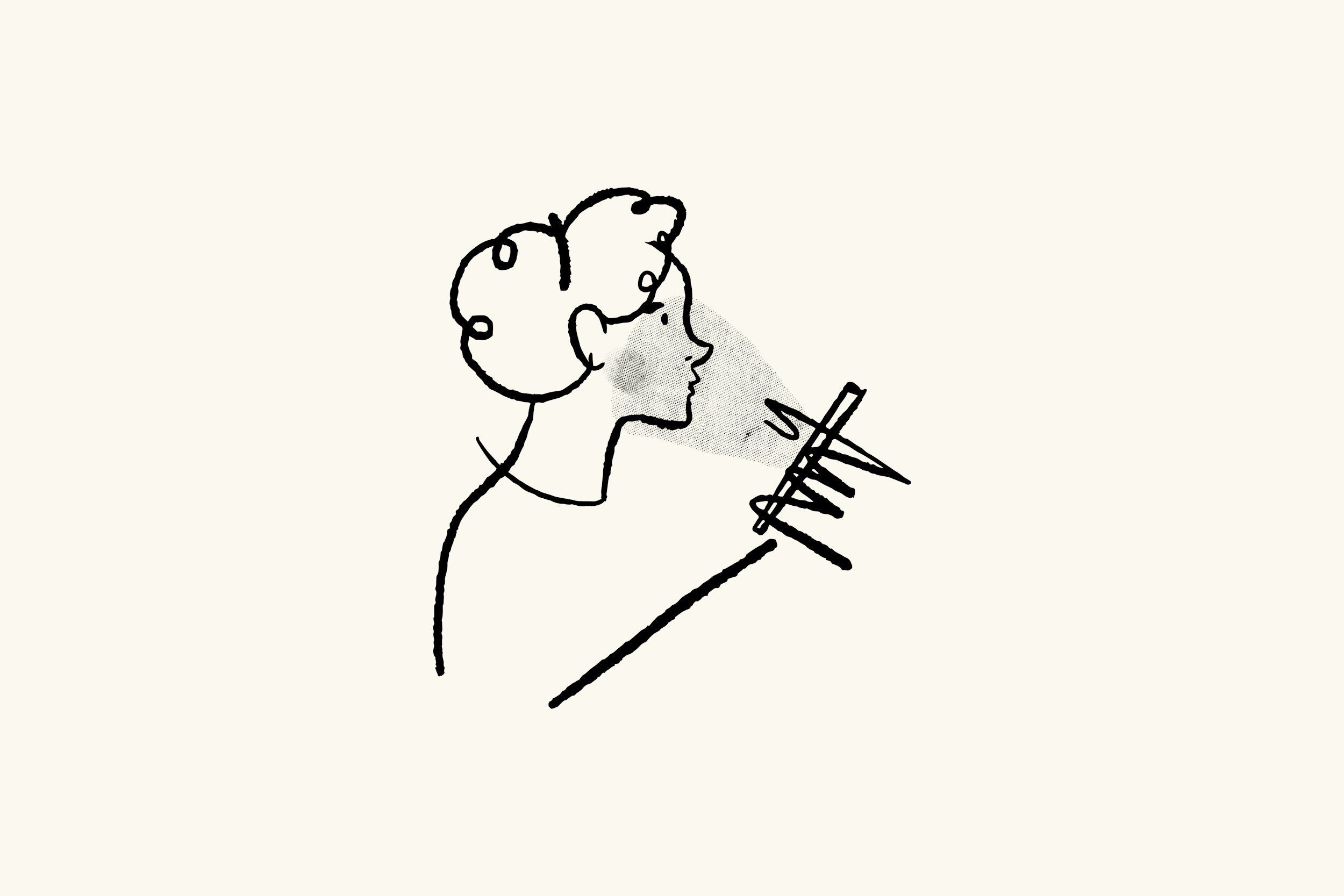When I think about the skills required to “read” artistic messages I always go back to the late French sociologist Pierre Bourdieu’s idea of “cultural capital.” Bourdieu’s notion is essentially that in the marketplace of identity, individuals build up a kind of capital that enables them to be understood by and communicate with other members of their “class." His long-term qualitative and quantitative study of the French has led him to several conclusions around this idea, especially as it relates to education and parents’ vocation as a predictor of cultural capital.
Bourdieu holds that all cultural taste results from “the unintentional learning made possible by a disposition acquired through domestic or scholastic inculcation of legitimate culture.” In other words, “legitimate culture” or “high art” can only be taught and conveyed through proper socialization. Bourdieu’s idea is in line with empirical studies like Richard Orend’s 1989 study for the NEA that draws statistical correlations between arts attendance and socialization in the arts.
Bourdieu argues that as cultural taste develops, viewers become increasingly able to digest abstract ideas and symbols. An individual who has high “cultural capital” will not only be able to interpret and understand the kinds of artifacts and experiences available through the mediation of cultural institutions but will also enjoy them more. Again, Bourdieu: “The generalizing tendency is inscribed in the very principle of the disposition to recognize legitimate works, a propensity and capacity to recognize their legitimacy and perceive them as worthy of admiration in themselves.”
In the Knowledge Age, the relationship between production and consumption is shifting. Ease of communication has broken down barriers such that two folks in an Indiana can start a business, be in touch with a manufacturing plant in Guangzhou, China, and then have their products delivered directly to clients in Berlin, Germany.
As production of consumer goods becomes increasingly decentralized, so, too is the production of cultural goods. How do we determine what, in Bourdieu’s terminology, is “legitimate” and what’s not? What is the role of cultural institutions in creating these distinctions? How do we maintain our relevance in the face of relativity?




